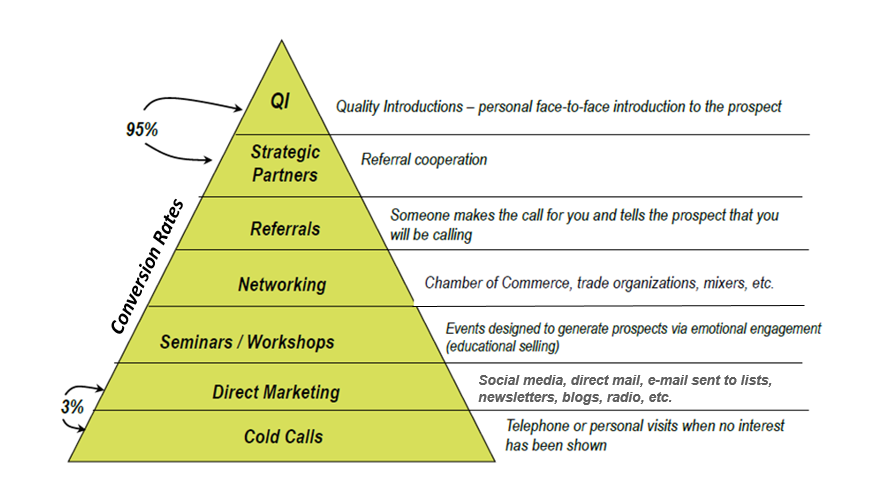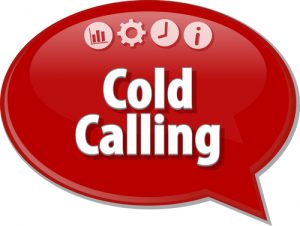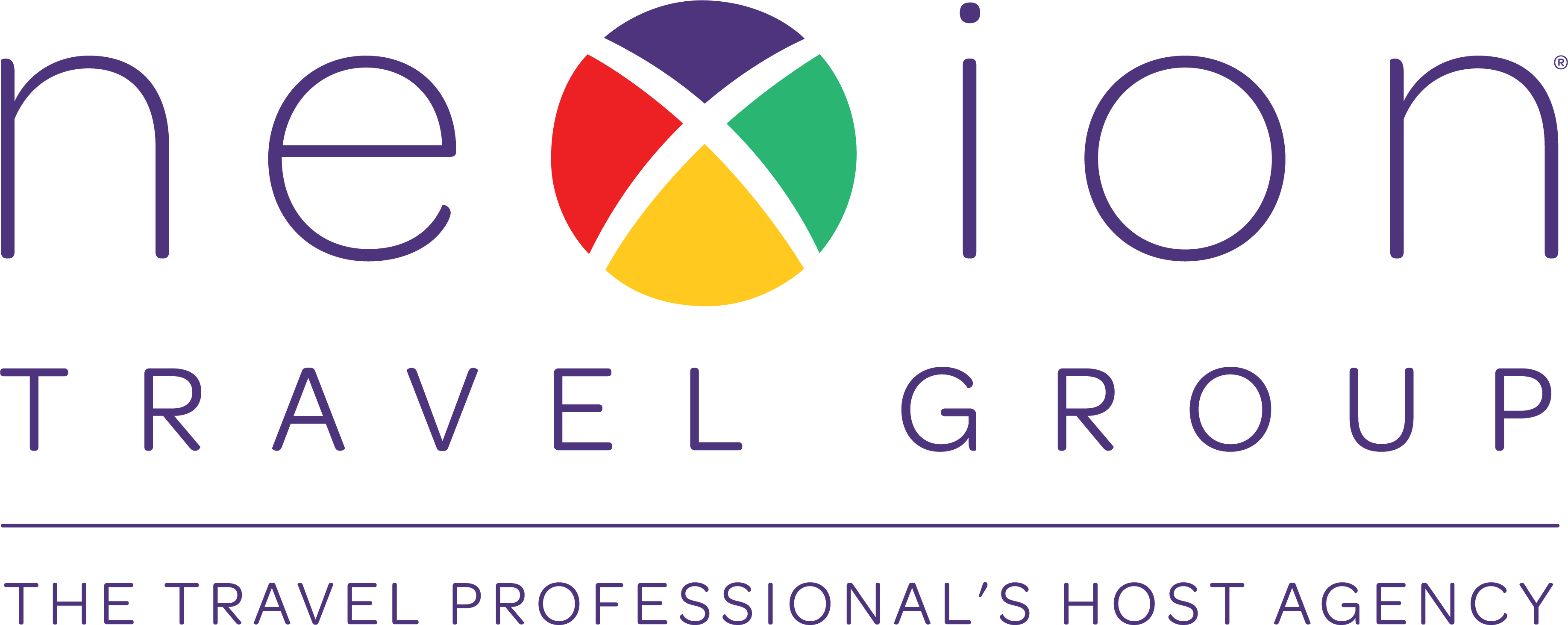Whether you’re new or an experienced seller of travel, a major key to success for today’s modern travel professional is consistently engaging in sourcing new business, or prospecting. It’s possible to opt in to lead generation programs, and many travel professionals have found varying degrees of success with such programs. In addition, to ensure you have a solid pipeline of new business that is healthy and diversified, it’s critical to have a consistent and comprehensive prospecting plan in place.
Regardless of the industry, prospecting is the cornerstone and lifeblood of the sales process, and you wear the hat of a sales professional every day with existing and potential clients. You may have found yourself on a “prospecting rollercoaster” of sorts when you notice your business is slow. When cash flow is not where you want it, you go out and pound the pavement to drum up new business. Then, when the business starts to come in, you get caught up in the other aspects of managing your business, such as marketing, service and administration. Once again, the pipeline empties, and you jump on the same roller coaster, and the cycle starts all over again. Don’t get caught on the prospecting rollercoaster!

7 Prospecting Channels to Fill Your Sales Pipeline
As a travel sales professional, you have the responsibility to find sufficient leads that adequately fill the pipeline, convert the leads to prospects, move the prospects through the sales process and win the business. To set your travel business up for success, your strategy should include a minimum of five of the seven prospecting channels that are appropriate for your travel market niche.
Let’s take a look at these seven prospecting channels, along with the Prospecting Pyramid, and what to expect in terms of conversion rates from each channel. The activities you engage in at the bottom of the pyramid require a lot more effort and heavy lifting on your part, and conversion rates are generally on the low side.
1. Cold Calls:
As a travel sales professional, you call a prospect to market a new group opportunity, new travel brand, new itinerary or destination without the prospect’s prior knowledge or interest. Cold calls can be telephone calls or by physically visiting the prospect. Most times the conversion ratios are low, and sales cycles are extended. Tips for Success:
- When contacting prospects using the cold call channel, call scripts are vitally important. They should be simple, yet concise, and address the concerns or objections your clients may have that keep them from booking their next vacation or business trip with you. At Nexion, our Business Development and Education team assists our members with crafting and customizing these scripts for their travel market niche.
- Look at strategic partners as a way to expand your cold call database, and see if they have potential clients who may be more qualified leads for your travel agency.

2. Direct Marketing:
Direct Marketing includes the mailing of information (physical and electronic), and through the various forms of media such as radio, email, social media and print (magazine/newspaper). In direct marketing, the information should not overwhelm the prospect with too much information. Simply address their needs and inform the prospect of the destinations, group opportunity or product being offered (new itineraries for example). An advantage of social media is that daily postings can be placed on the platform that establishes credibility and keeps prospects educated on new product offerings, such as that new all-inclusive resort in Los Cabos. Tips for success:
- With all forms of direct marketing, stay in front of your prospects consistently.
- If you’re going to start a newsletter or a blog, be sure you make them brief and informative
3. Seminars/Workshops:
This is a great prospecting channel to use when developing your group business pipeline. Many travel professionals host these “information sessions” either in person or virtually through a webinar hosting platform. Tips for success:
- Make these events themed (maybe by destination), interactive, fun and engaging.
- Focus on one or two opportunities at most.
- Have a clear call to action at the end of the event (special offer for those who deposit on a trip).
- Keep the number of attendees smaller with a more intimate event; you will find greater success. People who engage with you more are your high-value prospects.

4. Networking:
This is an event in which an individual or group may create leads. It allows you, the travel sales professional, to explore in an environment with a higher probability for sales. Many networking events require less preparation and are cost-effective, which helps budgetary constraints; however, they tend to involve more personal time and effort. Networking is work! It requires a strategy. Tips for success:
- Take the time to develop a networking pre-plan, and also go in with a game plan.
- After the networking event, make sure you have a solid post-event, follow-up plan.
- Always follow up within 48 hours. Remember that everyone is a prospect or a potential strategic partner that can refer you, be a resource and help in other ways.
- Be sure to have your elevator pitch ready to go when networking. At Nexion, our Business Development and Education team partners with our members to craft a winning elevator pitch and develop a networking pre-plan and post-plan to maximize time and effectiveness.
5. Referrals:
A referral is when the name of a prospect has been given with permission to use from a third party who gave the contact information. This is a direct way of obtaining a lead to generate unsolicited business and does not cost you any marketing dollars. In the travel industry, we often call referrals “word-of-mouth” marketing. Tips for success:
- Be confident in your product and delivery.
- Set the expectations early with customers.
- Believe you “deserve” them, and have a system to “help them” identify referrals for you. Nexion helps our members with a system of success.
- Most importantly, ASK FOR IT!

6. Strategic Partnerships:
This channel may be new to you as a travel professional. Simply defined, a strategic partner is one who reciprocates an exchange of business on a regular basis. This core group represents a higher level of influence and is normally smaller in numbers – between six and 10 people serving similar client bases as your travel business or complimentary client bases for your business. While marketing and networking are based on the concept of building relationships, strategic partners involve clear intent and sharing an integral part of the same value system, including trust, integrity and ultimately leading to mutually beneficial outcomes. This prospecting channel can provide 95% of the closure ratio, if qualified. Tips for Success:
- The 80/20 Pareto Principle asserts that 80% of results come from 20% of effort. Thus, to achieve more with less, you must be selective, not exhaustive.
- Develop strategic partnerships that can take 20% of efforts and lead to 80% of your new business! At Nexion, we work with our members in a systematic way to identify these strategic partnerships as a core component of their travel sales mix.
7. Quality Introductions:
When a strategic partner or someone refers you face to face, it creates a quality introduction. Often as a travel sales professional, you won’t ask for this type of introduction; however, this personal introduction builds instant credibility and has the highest close ratios. In cases where all parties are not in the same geographical area, the same process can be done via phone or by using other technology. Tips for Success:
- As a travel sales professional, address your beliefs regarding asking for personal introductions. Most sales professionals are gracious for the referral, and the process typically stops there.
- Asking for the quality introduction can shorten the sales cycle and increase the closing ratios.

To take advantage of all these prospecting channels, whether you’ve been a travel professional for three months or seven years, take some time and look at your new business during the past year. Do an exercise and identify what percentage of your business has come from each of these prospecting channels.
What do you see? What does this tell you? Do you need more strategic partners? Do you need to engage in more networking? Is your new sales pipeline too heavy in one channel, and does that present a risk to your travel business?
An honest appraisal of where you’ve been spending your time prospecting and where you need to spend your time will accelerate your sales and dramatically increase the return on your invested time!
To have an effective prospecting plan, your travel business should always be engaged in at least five out of seven prospecting channels to be successful. The more time you spend at the top of the pyramid, the more efficient and effective your sales efforts are going to be! At Nexion, we work with our travel sales professionals on optimizing their prospecting plan to accelerate their sales and save them time and money.
Written by Cris De Souza, Nexion Vice President, Sales & Marketing
READ ADDITIONAL BLOGS















